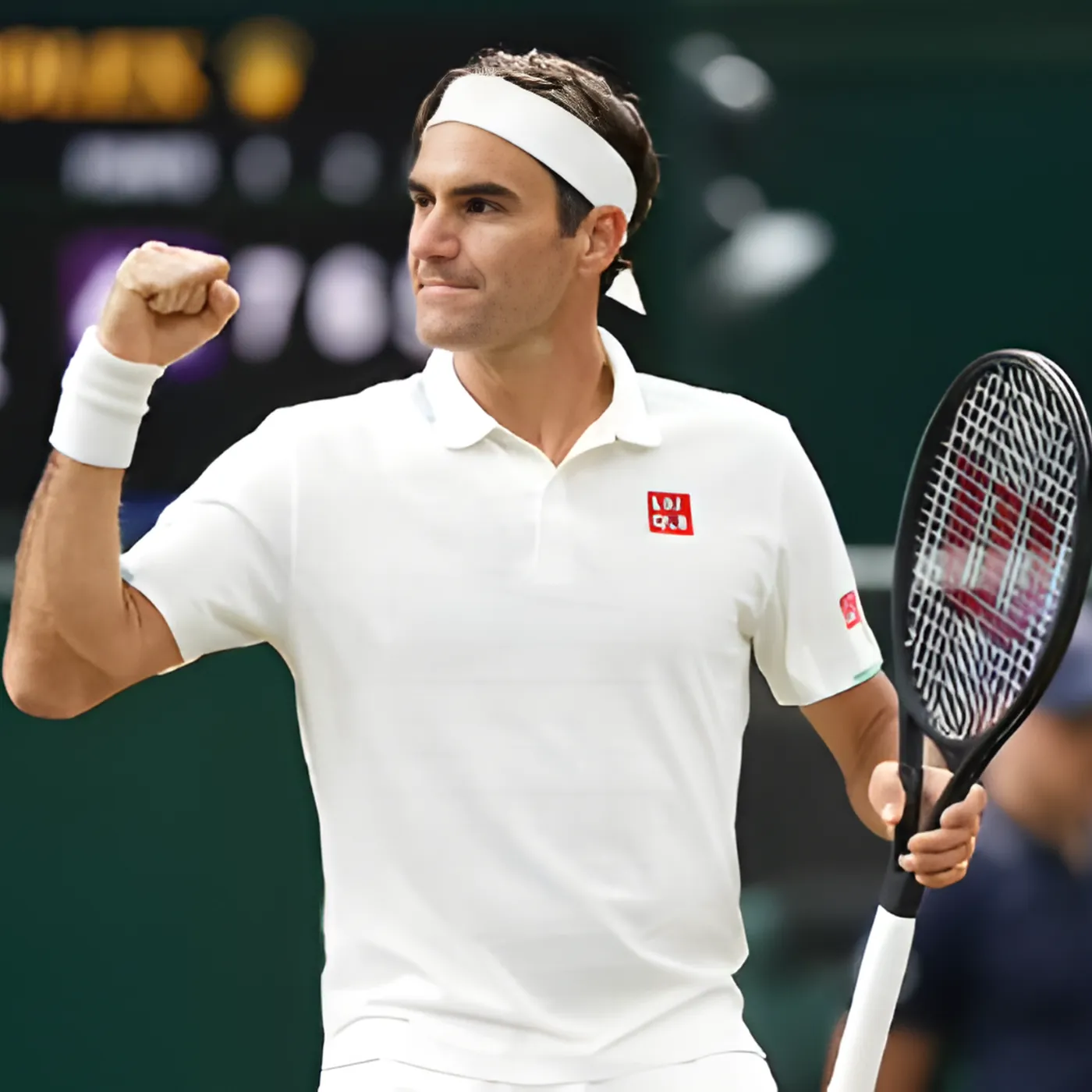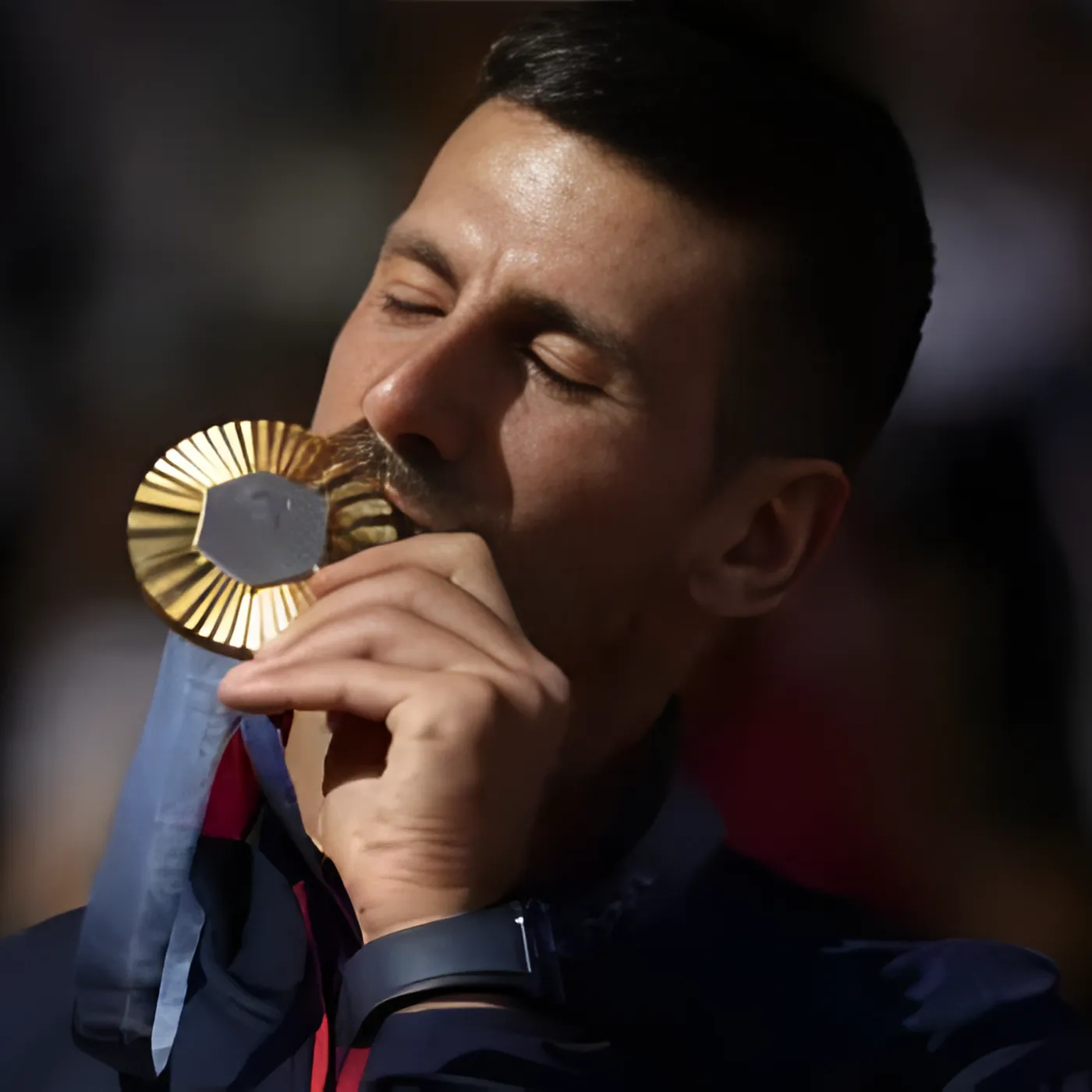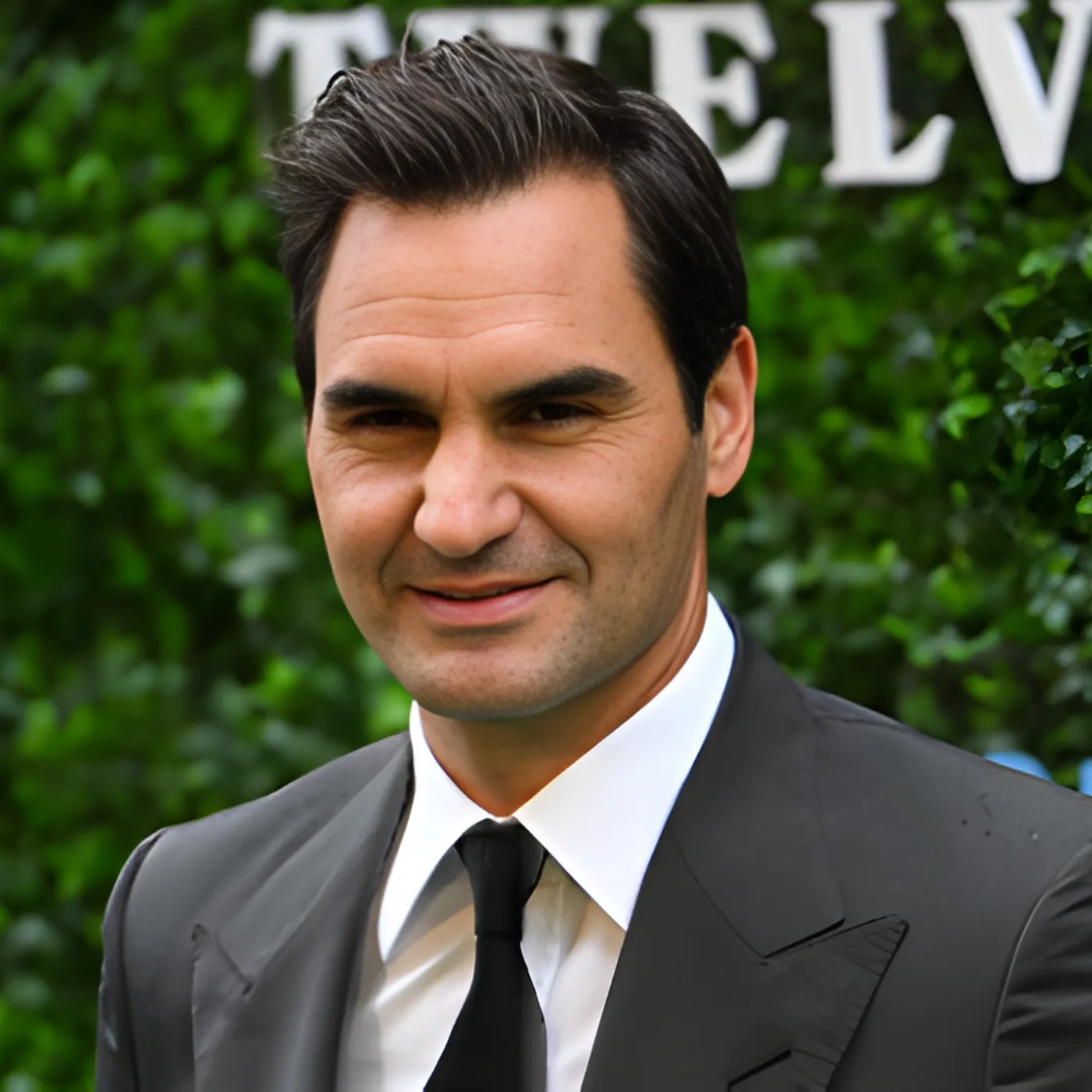
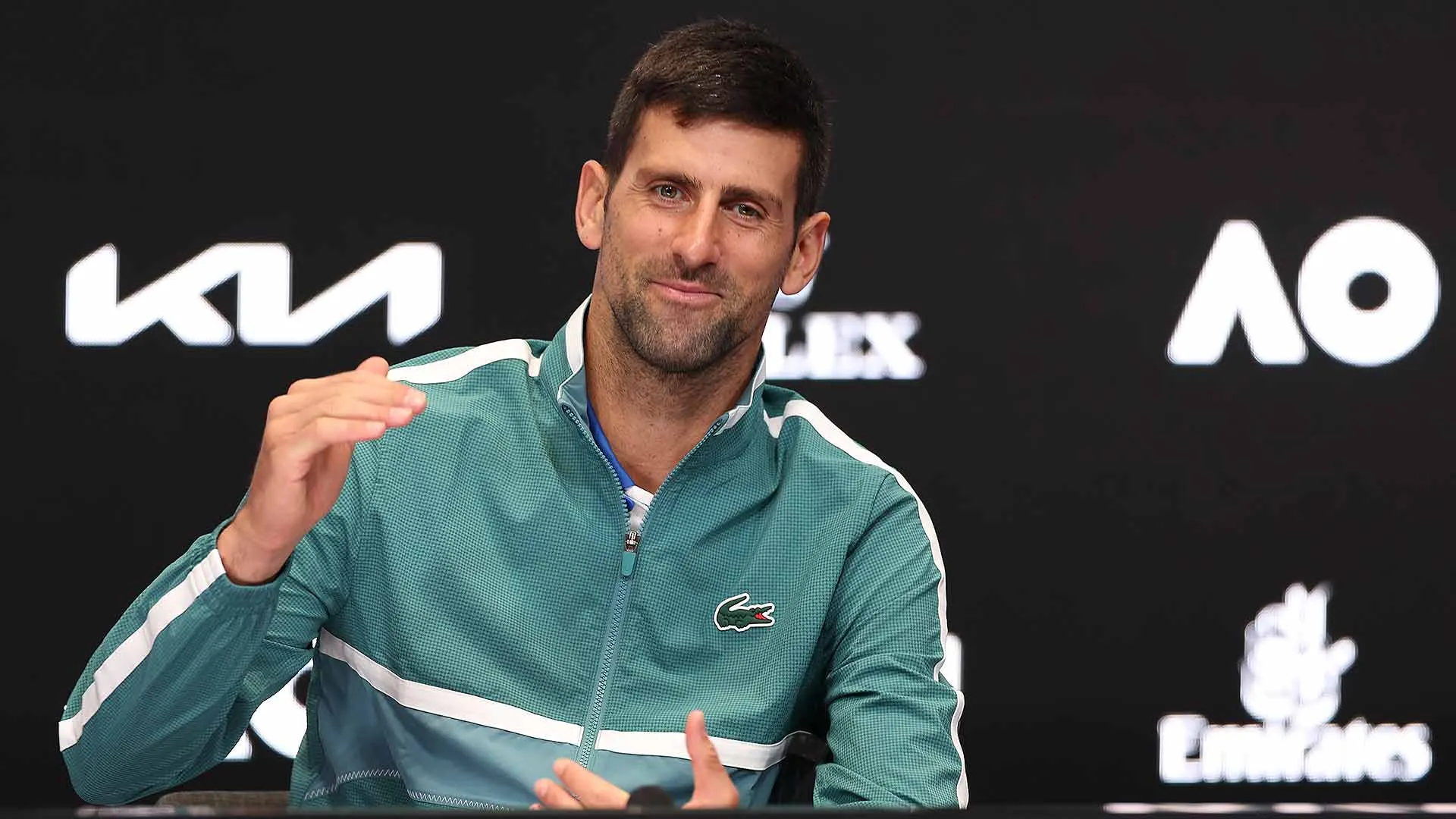
“No One Liked Me”: Novak Djokovic Opens Up About His Loneliest Days on Tour
In the glitz and glory of professional tennis, it’s easy to forget that the champions we idolize often endure long, painful journeys—ones marked not only by injury or defeat but by isolation, misunderstanding, and internal conflict. For Novak Djokovic, one of the most dominant figures the sport has ever seen, the price of greatness wasn’t just measured in hours on the court or trophies on a shelf—it was felt in the empty hotel rooms, in the awkward locker room silences, and in the echo of his own thoughts.
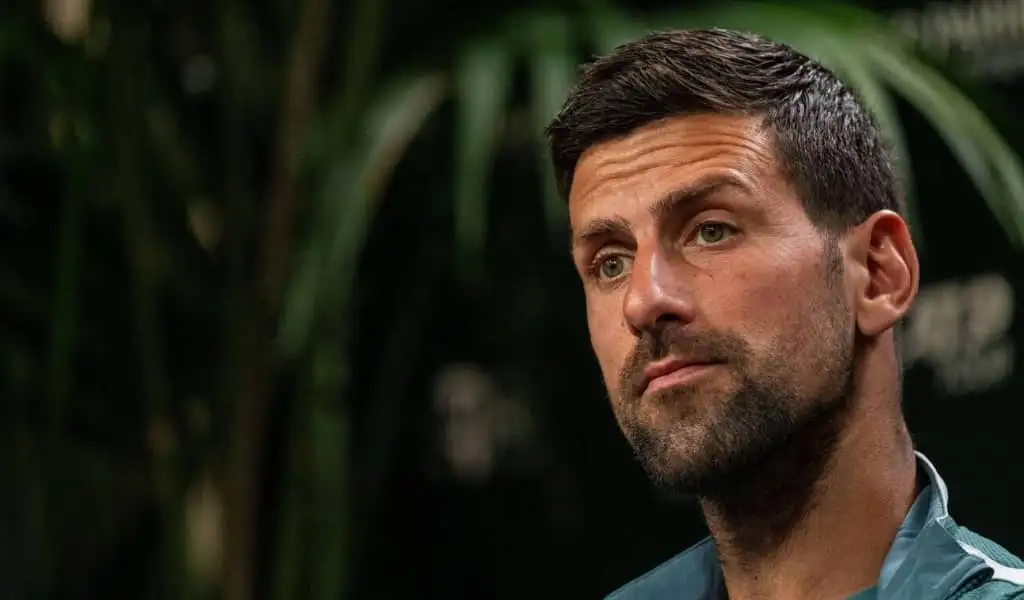
Recently, in one of his most candid interviews to date, Novak Djokovic pulled back the curtain on what he calls the “loneliest period” of his career. And in doing so, he gave fans a rare glimpse into the emotional toll that comes with chasing immortality in a sport where admiration is often conditional—and camaraderie, elusive.
A Champion With No Cheers
During a sit-down interview with GQ Sports Europe, Djokovic revealed something that left many fans stunned: “In the early days, it felt like no one liked me. Not the fans, not the players, not even some of the media.” It wasn’t said with bitterness, but with a sort of clarity that comes only after years of reflection.
This admission seems almost unbelievable when you consider the statistics: 24 Grand Slam titles, more than 400 weeks as world number one, and victories over legends like Federer, Nadal, and Murray. And yet, Djokovic’s road to greatness wasn’t always paved with applause. In fact, it was often met with skepticism, if not outright hostility.
From his first appearances on the tour in the mid-2000s, Djokovic sensed that he didn’t quite fit in. “I was the outsider,” he said. “Federer and Nadal had already defined the era. They were beloved. Their rivalry was poetic. And then here I was—loud, emotional, Serbian. I think I disrupted the narrative.”
The Early Days: Misunderstood and Misrepresented
In tennis, image matters almost as much as ability. And for Djokovic, his earliest years on tour were plagued by misunderstandings and unfair portrayals. He was labeled cocky. Too expressive. Too brash. His celebrations were seen as over-the-top. His endurance was questioned. The infamous retirements from matches in his early career were interpreted by some as weakness or gamesmanship, not legitimate injury.
“In those days,” he recalled, “I felt like I had to work twice as hard to be accepted. Not just for my tennis, but for who I was.”
The language barrier, his fiery on-court demeanor, and even his nationality became talking points that painted him as different—not always in a good way. Some crowds booed him simply for winning. Others booed him for beating their favorite. But rarely, he felt, did they cheer him just for being Novak.
Locker Room Isolation
But it wasn’t just the fans. Inside the ATP locker rooms, Djokovic often felt alone.
“When you walk into a locker room and you feel the energy shift, you notice it,” he said. “It’s not something anyone says directly. It’s the looks. The conversations that pause when you enter. The distance. I felt like I had no one to talk to sometimes.”
That sense of emotional distance took a toll. While other top players shared easy camaraderie, Djokovic often felt like the third wheel in his own era. The famed “Big Three” of Federer, Nadal, and Djokovic was, in many eyes, a “Big Two plus one.”
It wasn’t until years later—after hundreds of matches, dozens of titles, and a deepening maturity—that Djokovic would begin to rebuild those bridges.
The Burden of Being Himself
What may have contributed most to Djokovic’s sense of alienation was his refusal to conform. He never pretended to be anyone else. He meditated openly. Spoke about spirituality. Adopted a plant-based diet. Practiced yoga and breathing techniques. These habits, once seen as eccentric, are now widely respected—but back then, they alienated him even further.
“I wasn’t ashamed of my beliefs,” he said. “But I could feel that people thought I was weird, or fake, or trying too hard. I was just trying to survive—mentally, emotionally.”
Being true to himself came at a cost. But as Djokovic puts it now, “I’d rather be alone and authentic than liked for something I’m not.”
The Turning Point
So when did things begin to change?
“It wasn’t one moment,” Djokovic explained, “but a series of moments. Some came from success. Others came from failure. I had to hit emotional rock bottom after some losses—especially the 2016 Olympics—to realize I didn’t need validation anymore.”
That Olympic defeat, in particular, was gut-wrenching for him. Representing Serbia has always been deeply personal to Djokovic, and not bringing home a medal that year felt like he had failed not just himself but his entire country. He cried openly on court. And for once, the world seemed to see not just the competitor, but the human beneath the armor.
That vulnerability became a key shift in how fans perceived him. Suddenly, Djokovic wasn’t just the machine that kept winning—he was also the man who could break, who could feel, who could hurt. And that humanity connected.
Earning Respect, Slowly and Surely
Over the years, Djokovic has earned the admiration that once eluded him—not through charm campaigns, but through perseverance, transparency, and performance.
He won when it mattered most. He bounced back from devastating injuries. He spoke on behalf of players who had no voice. He challenged tournament authorities. He refused to stay silent on issues of fairness in prize distribution, ranking systems, and mental health.
And in time, many of the same fans and players who once doubted him began to applaud.
“I’ll never be everyone’s favorite,” Djokovic admits. “But I’ve made peace with that.”
In fact, he embraces it now. The boos? They motivate him. The underdog label? He wears it like armor. Because for Djokovic, the approval of the crowd is no longer the destination. The love he once sought externally, he’s learned to cultivate from within.
A Message to Young Athletes
In reflecting on his lonely early years, Djokovic offered a heartfelt message to young athletes navigating similar experiences: “Don’t chase love from the crowd. Chase love for the game. For yourself. For your journey. That’s the only thing that will last.”
He acknowledges that today’s world is even harder for young athletes. Social media adds another layer of pressure and judgment. Image is curated and commodified. But Djokovic believes that authenticity remains the only true compass.
“You will lose yourself if you try to please everyone. Trust me, I tried. And it nearly broke me.”
Looking Back, Looking Forward
As he reflects on his two-decade journey, Djokovic no longer harbors resentment for those who overlooked or misunderstood him. In fact, he’s grateful. Those lonely nights? They shaped him. That distance from others? It drove him to go deeper within. The silence in the locker room? It taught him how to be alone without being lonely.
“I used to walk into stadiums hoping to be loved,” Djokovic said, “Now, I walk in hoping to give something worth remembering.”
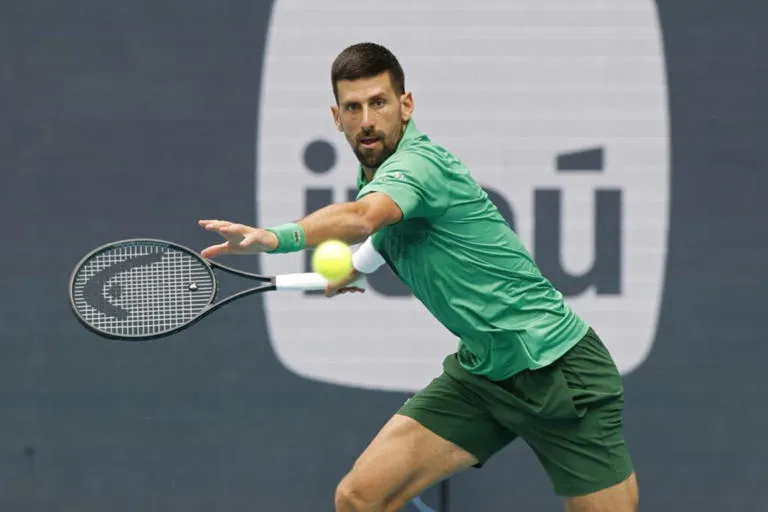
And that shift—from seeking acceptance to offering inspiration—is perhaps the greatest evolution of all.
Legacy Beyond the Numbers
Yes, Djokovic may retire with the most Grand Slams, the most weeks at No. 1, and a resume that outshines nearly every name before him. But the part of his legacy that will truly endure won’t be measured in titles.
It will be the fact that he survived being the outsider. That he stayed true to himself when the world demanded he change. That he endured the cold stares, the quiet locker rooms, and the crowd’s disapproval—not with arrogance, but with resilience.
In the end, Novak Djokovic’s greatness isn’t just about how many matches he won—but about how many moments he overcame when it felt like no one wanted him to.








